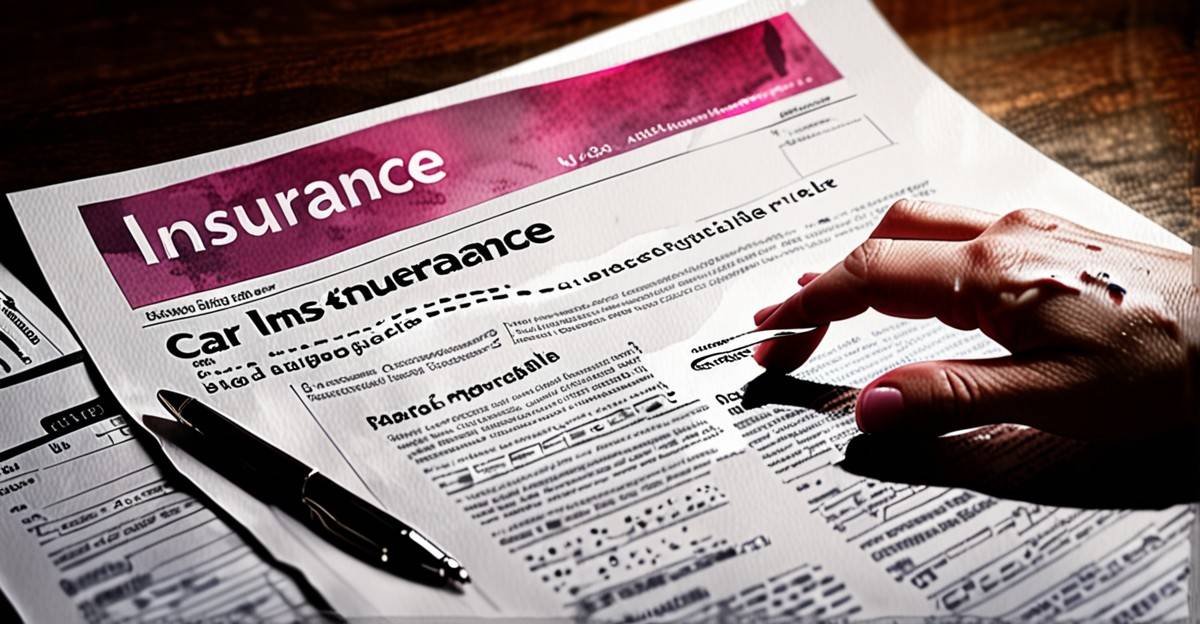Introduction
Buying car insurance is a crucial decision that can have a significant impact on your finances and peace of mind. However, navigating the world of car insurance can be overwhelming, with various options, coverage types, and providers available. To ensure you make an informed decision and avoid costly mistakes, it’s essential to understand the key factors to consider before purchasing car insurance.
Research and Compare
Before buying car insurance, it’s crucial to research and compare different insurance providers. Consider factors such as coverage options, premiums, deductibles, customer reviews, and the company’s reputation. By comparing multiple quotes, you can find the best coverage that meets your needs at a competitive price.
Key Points to Consider:
- Compare quotes from at least three different insurance providers.
- Check the financial stability and customer service reputation of the insurance company.
- Review the coverage options and exclusions carefully.
Understand Your Coverage Needs
One of the most common mistakes people make when buying car insurance is underestimating their coverage needs. It’s essential to assess your driving habits, the value of your vehicle, and your financial situation to determine the appropriate coverage levels.
Factors to Consider:
- Liability coverage requirements in your state.
- The value of your vehicle and whether you need comprehensive and collision coverage.
- Your driving habits, such as mileage and where you park your car.
Review Policy Exclusions and Limitations
Before purchasing car insurance, carefully review the policy exclusions and limitations. Understanding what is not covered by your insurance policy is as crucial as knowing what is covered. Pay attention to exclusions related to pre-existing conditions, specific drivers, and types of damage.
Common Exclusions to Watch Out For:
- Pre-existing damage to the vehicle.
- Damage caused by unauthorized drivers.
- Exclusions for certain types of accidents, such as racing or off-road incidents.
Consider Deductibles and Premiums
When buying car insurance, it’s essential to strike a balance between deductibles and premiums. A higher deductible can lower your premium but may result in higher out-of-pocket expenses in the event of a claim. Consider your budget and risk tolerance when choosing deductible amounts.
Tips for Choosing Deductibles:
- Assess your financial situation and ability to pay the deductible.
- Consider how often you anticipate filing a claim.
- Compare premium savings with different deductible amounts.
Review Discounts and Savings Opportunities
Many insurance providers offer discounts and savings opportunities that can help lower your premium. Before buying car insurance, inquire about available discounts for factors such as safe driving records, multiple policies, vehicle safety features, and more.
Common Discounts to Ask About:
- Safe driver discounts.
- Multi-policy discounts for bundling home and auto insurance.
- Discounts for vehicle safety features, such as anti-theft devices or anti-lock brakes.
Regularly Review and Update Your Policy
After purchasing car insurance, it’s essential to regularly review and update your policy to ensure it continues to meet your needs. Life changes, such as moving, buying a new car, or changes in driving habits, can impact your insurance requirements.
When to Review Your Policy:
- Annually when your policy is up for renewal.
- After major life events, such as marriage, divorce, or the birth of a child.
- When purchasing a new vehicle or making significant changes to your current vehicle.
Conclusion
Buying car insurance requires careful consideration and research to avoid costly mistakes. By understanding your coverage needs, comparing quotes, reviewing policy details, and staying informed about discounts, you can make an informed decision that protects you on the road without breaking the bank. Remember to regularly review and update your policy to ensure it continues to meet your evolving needs.













